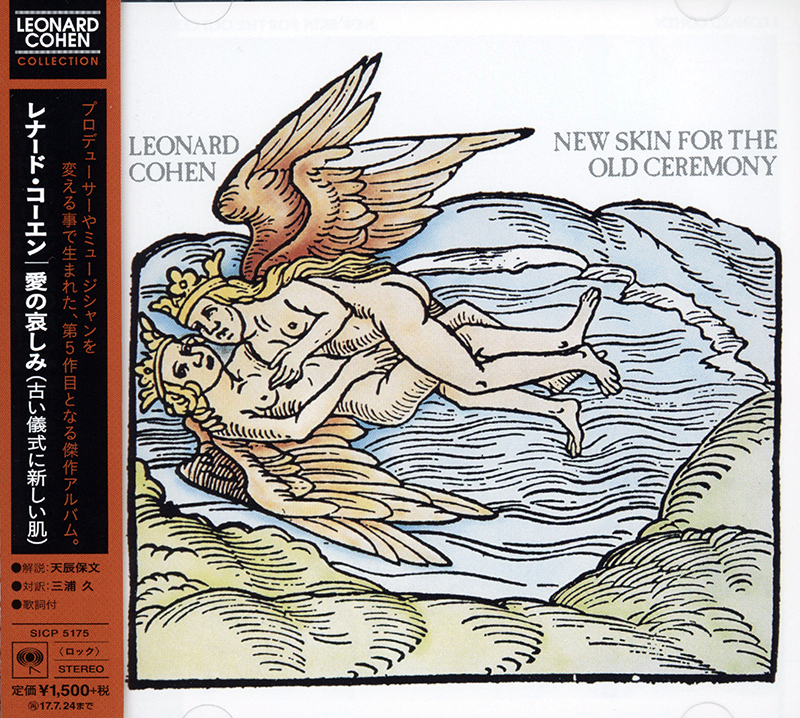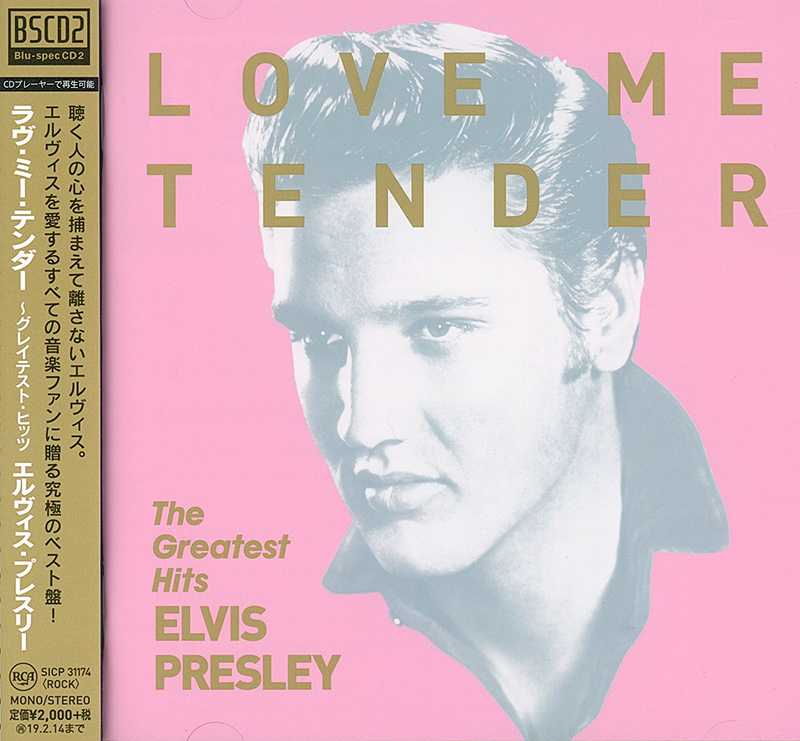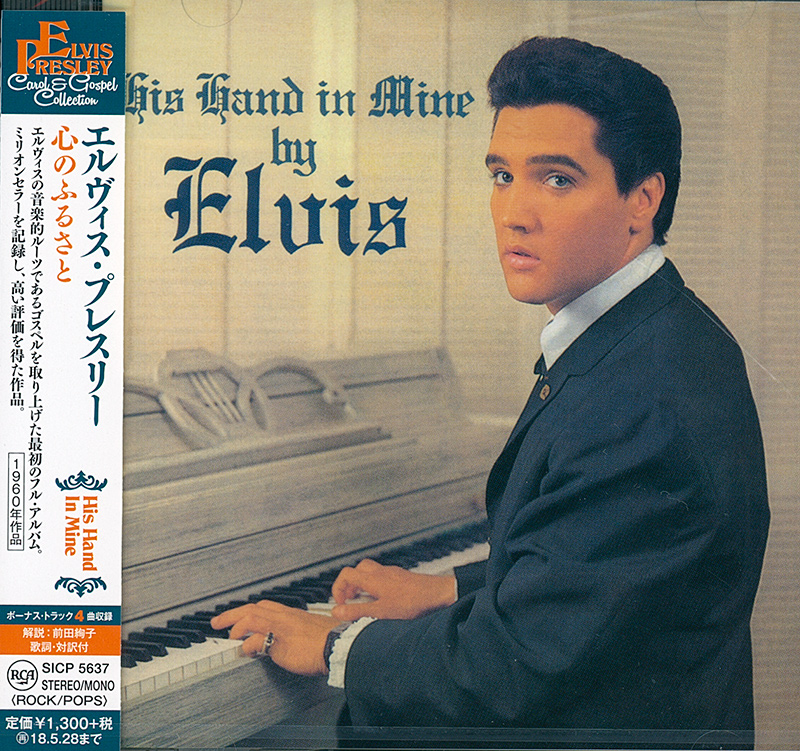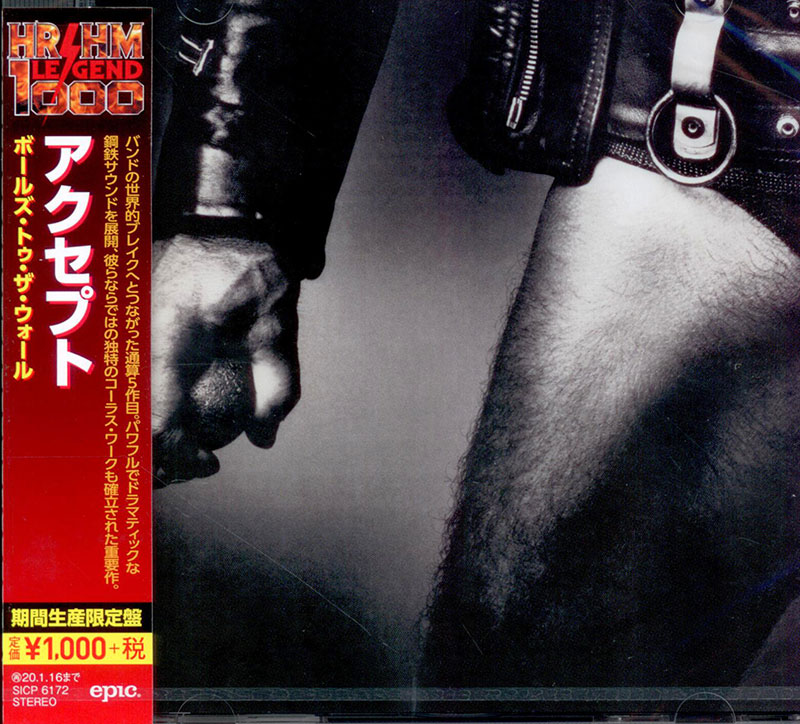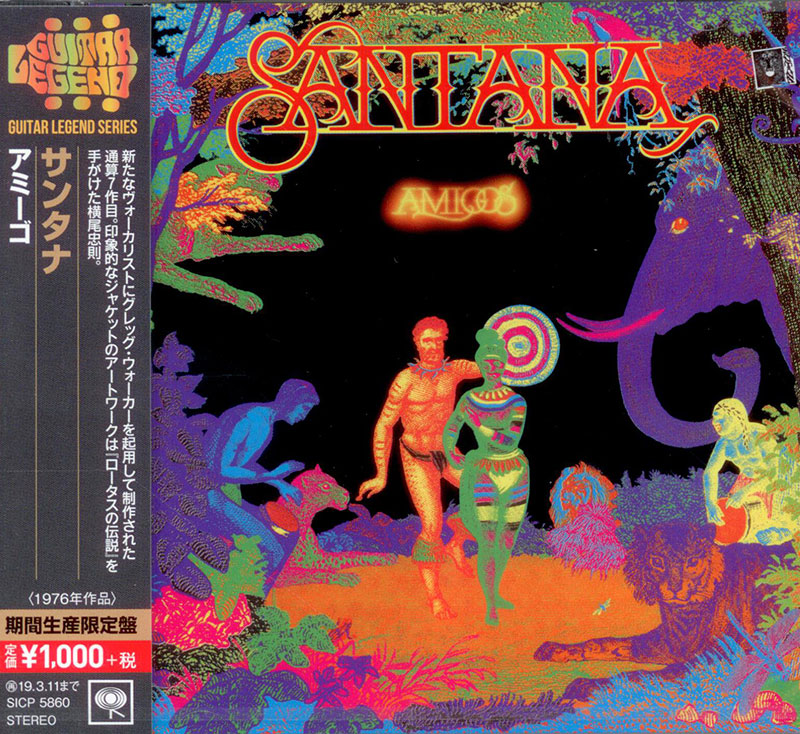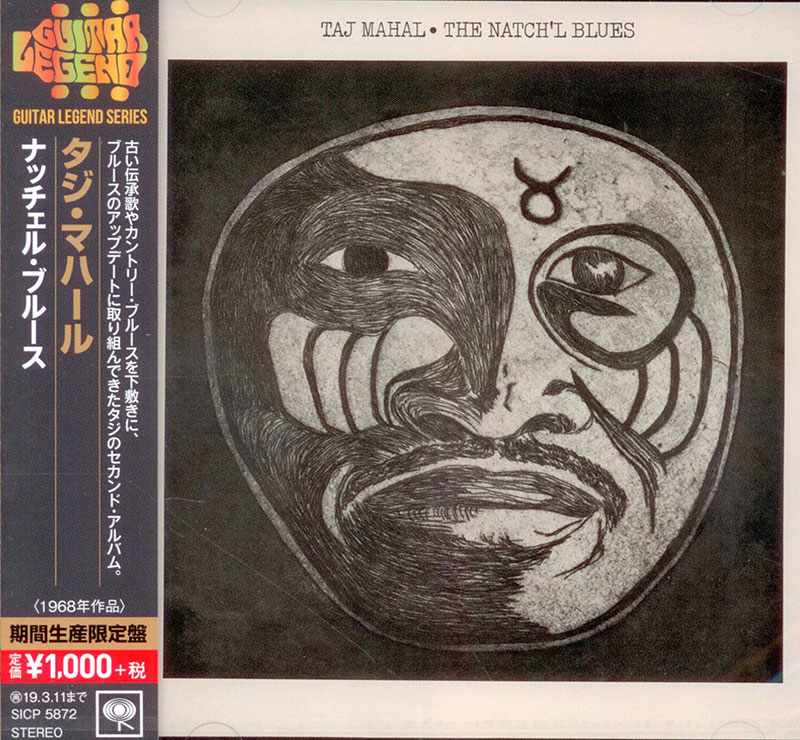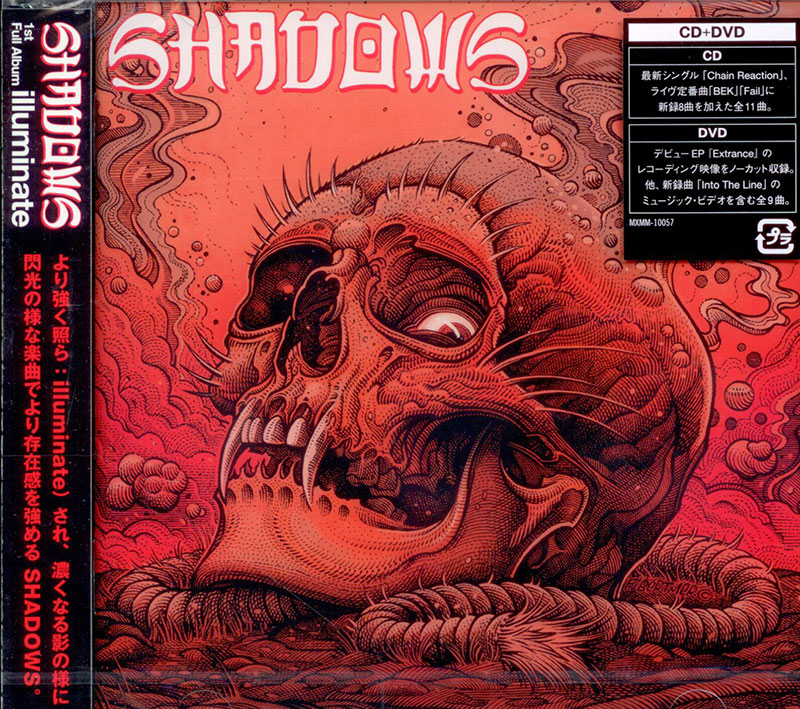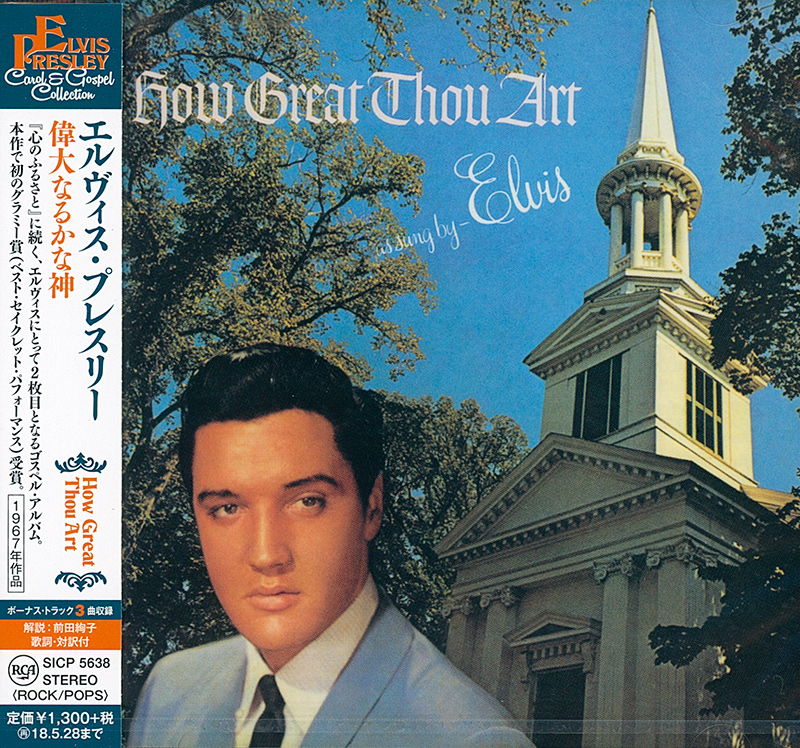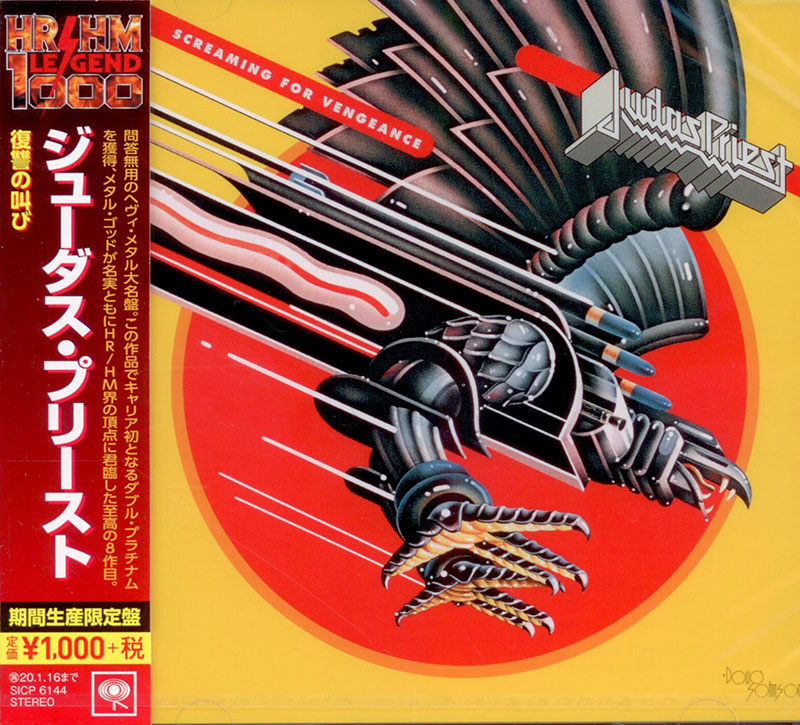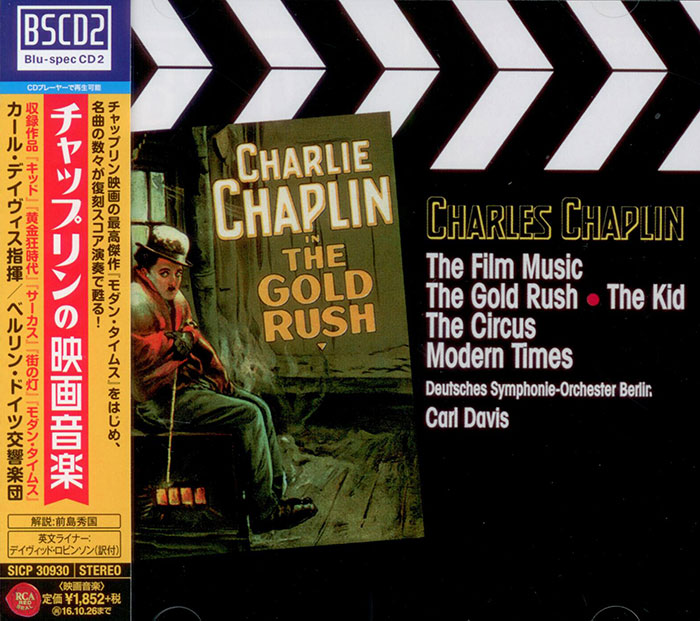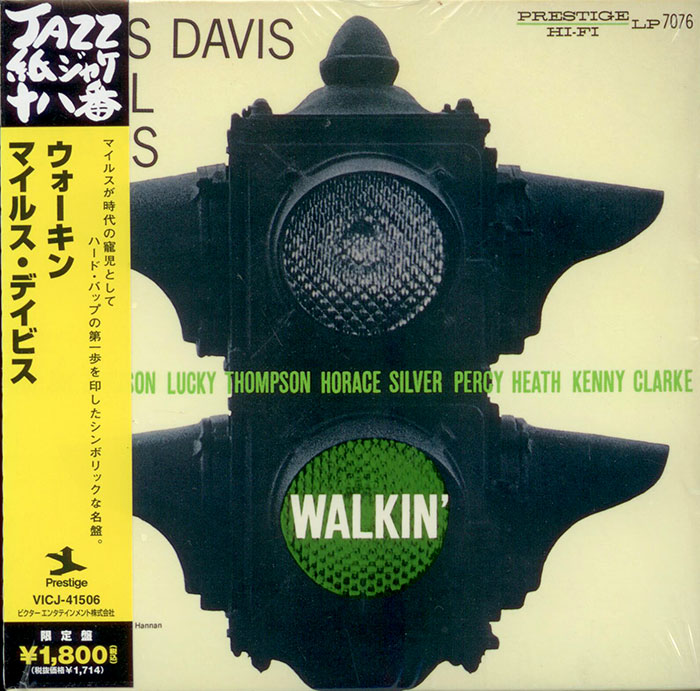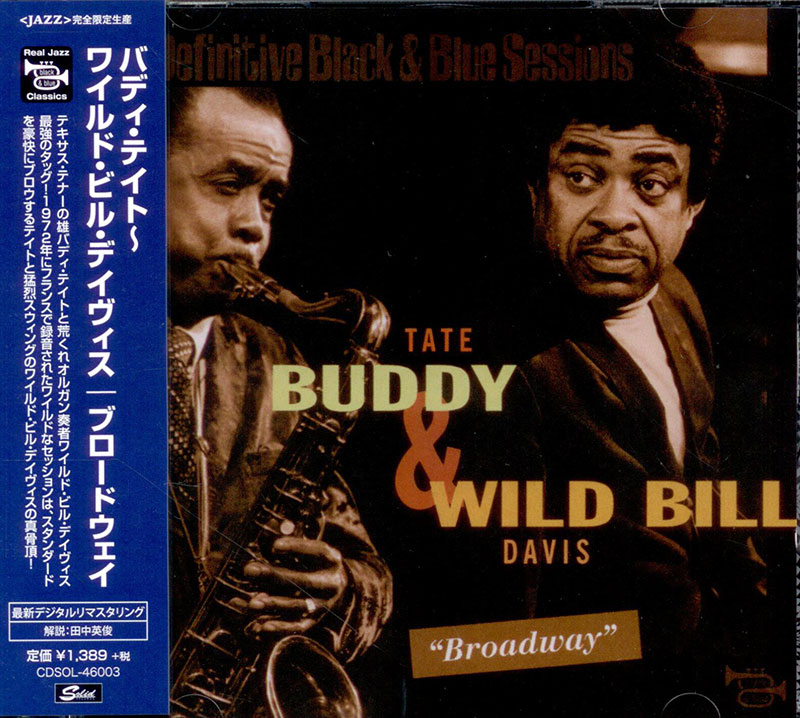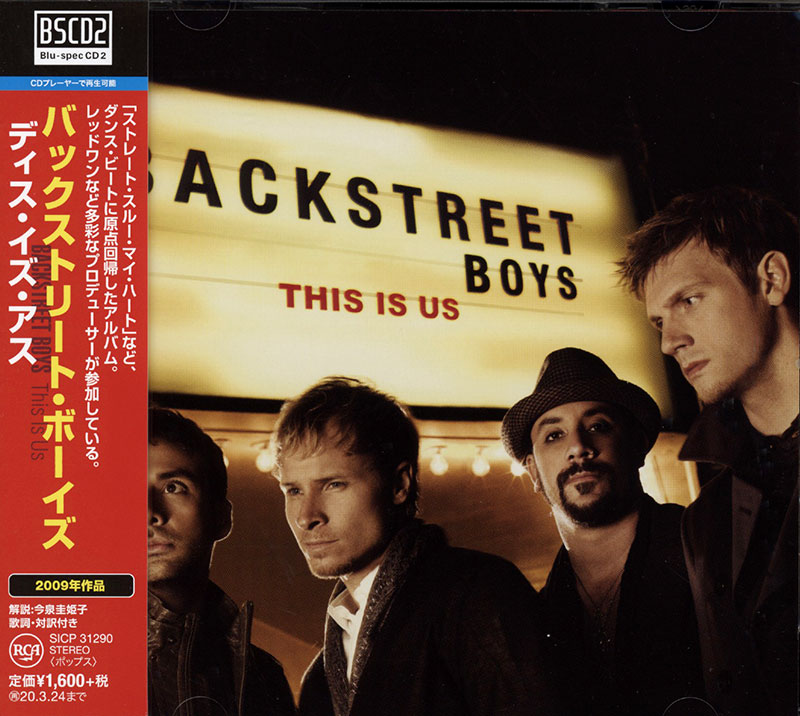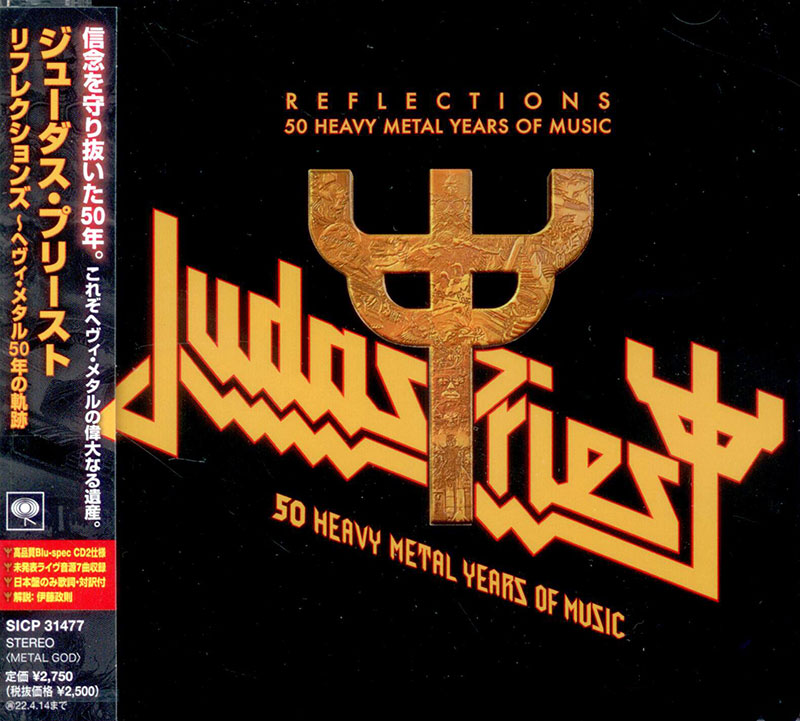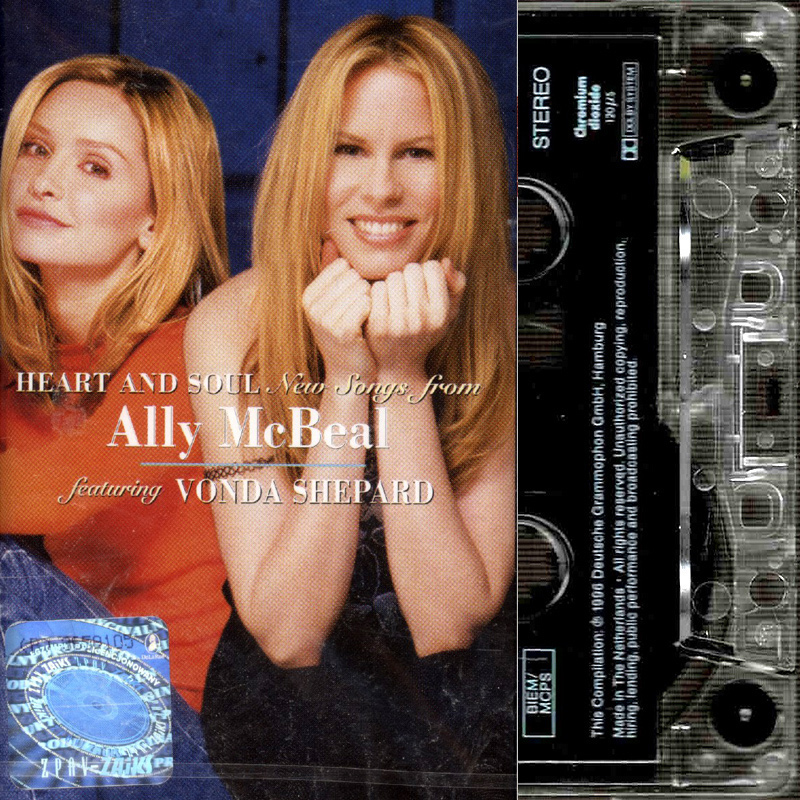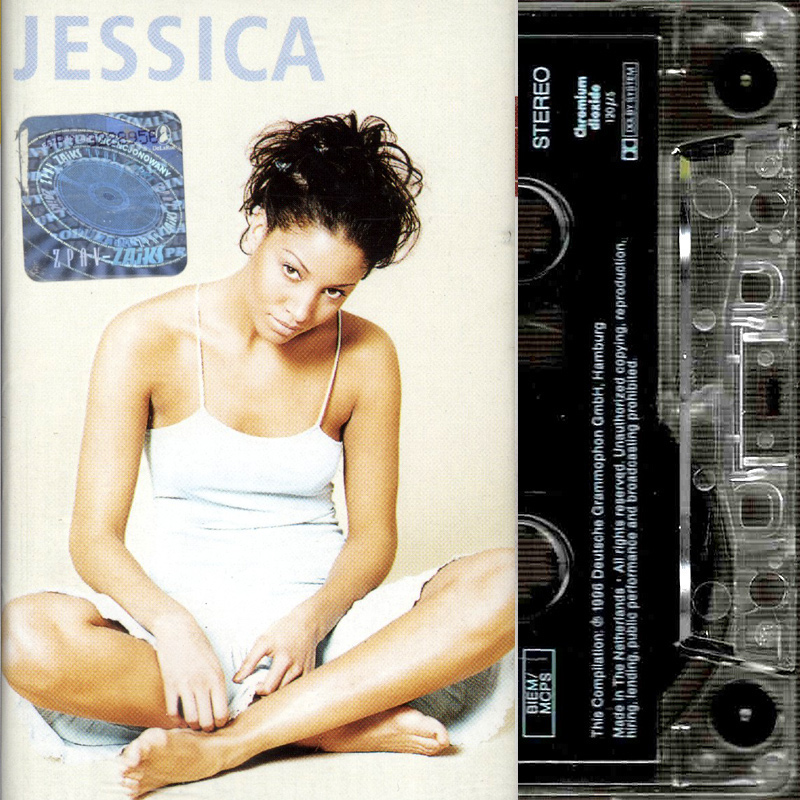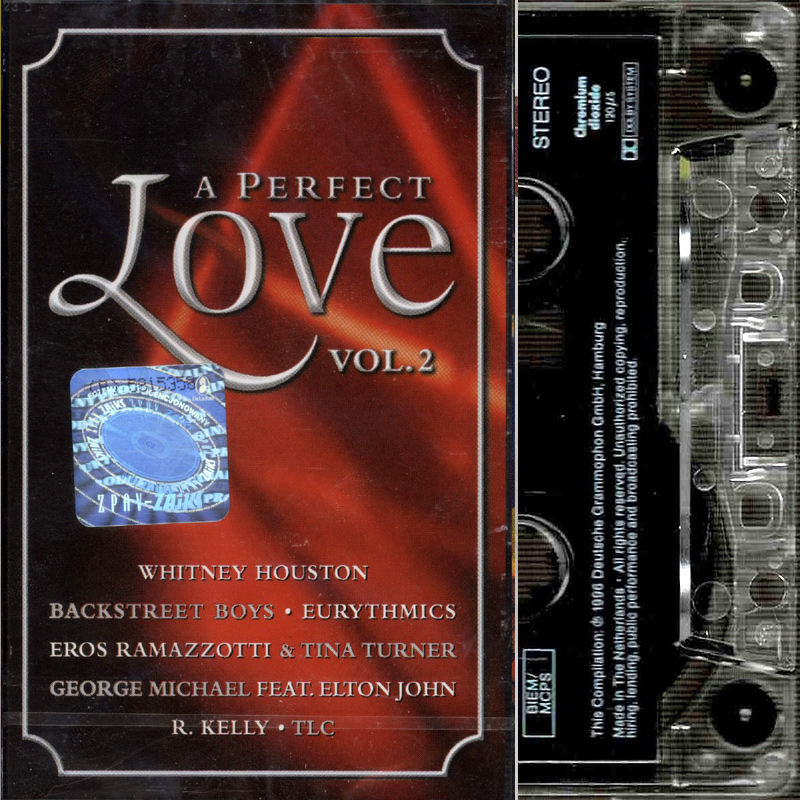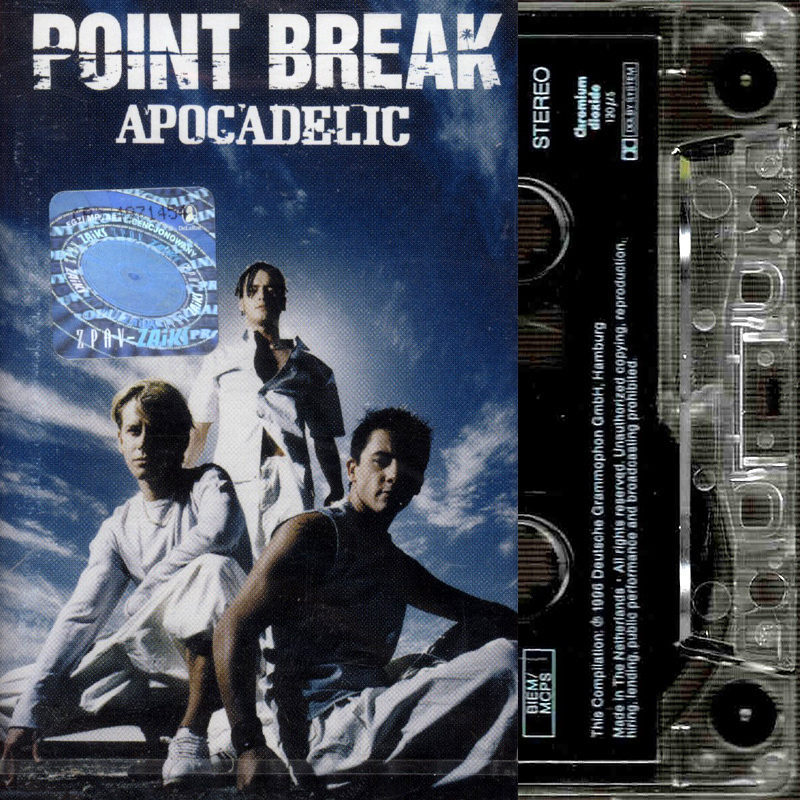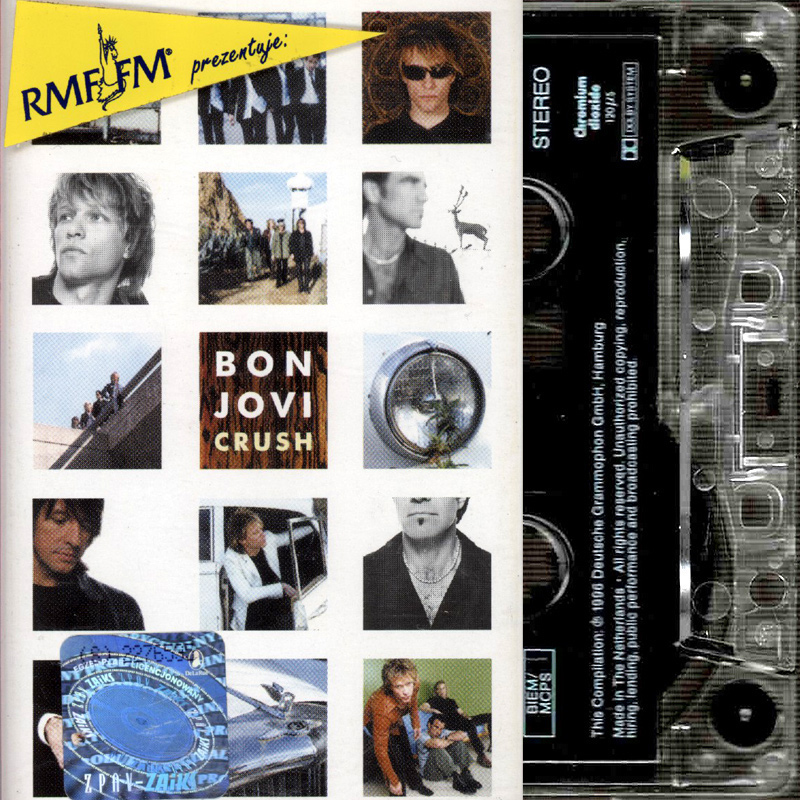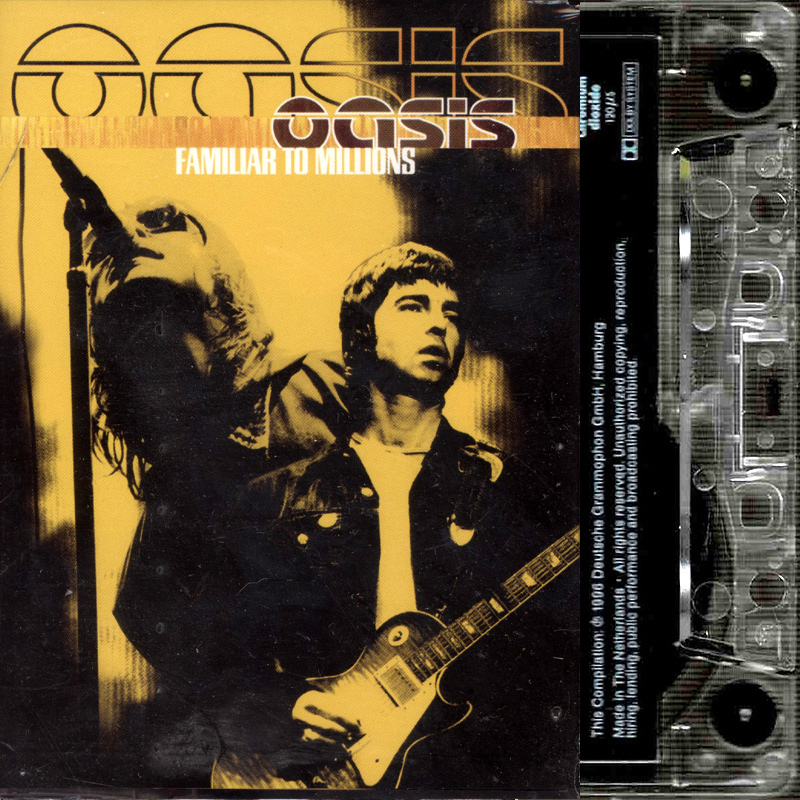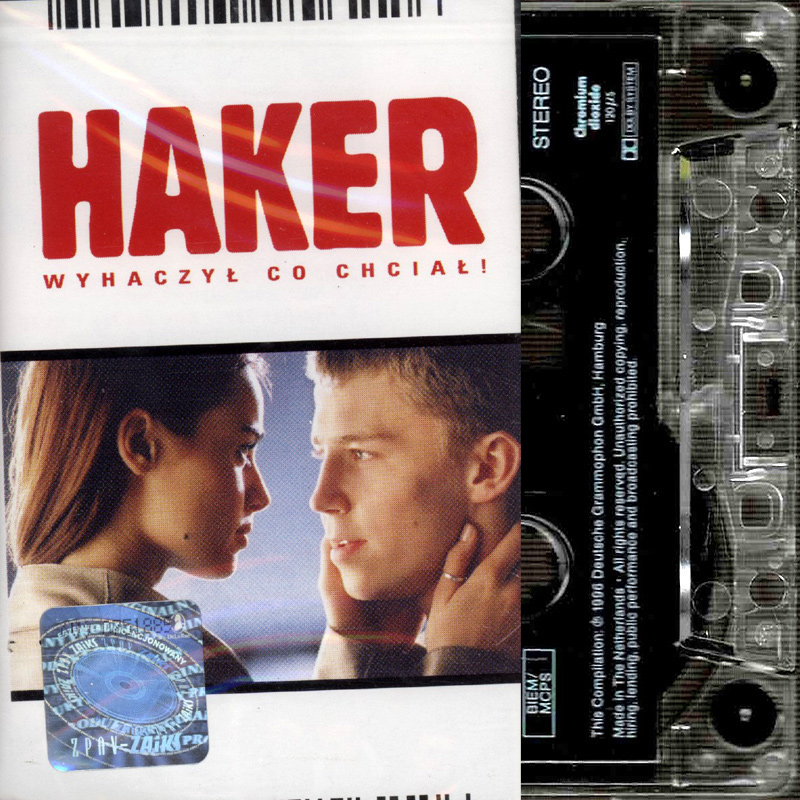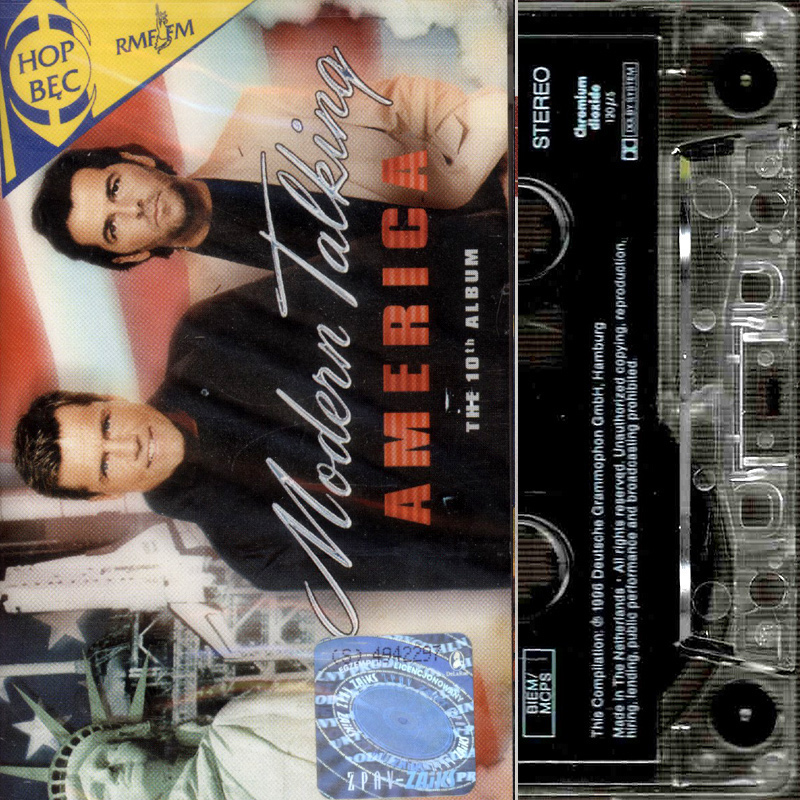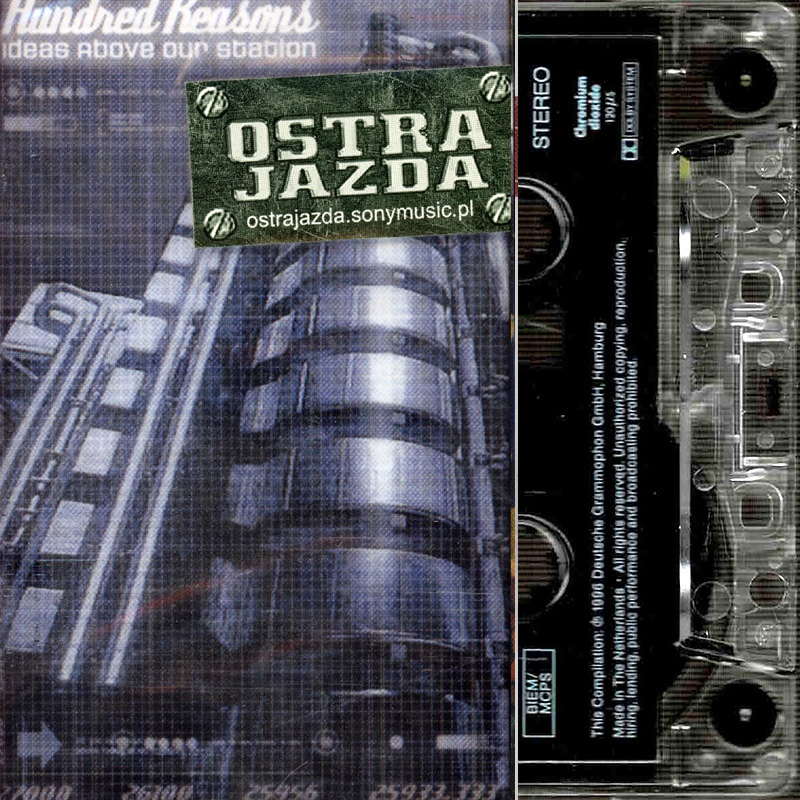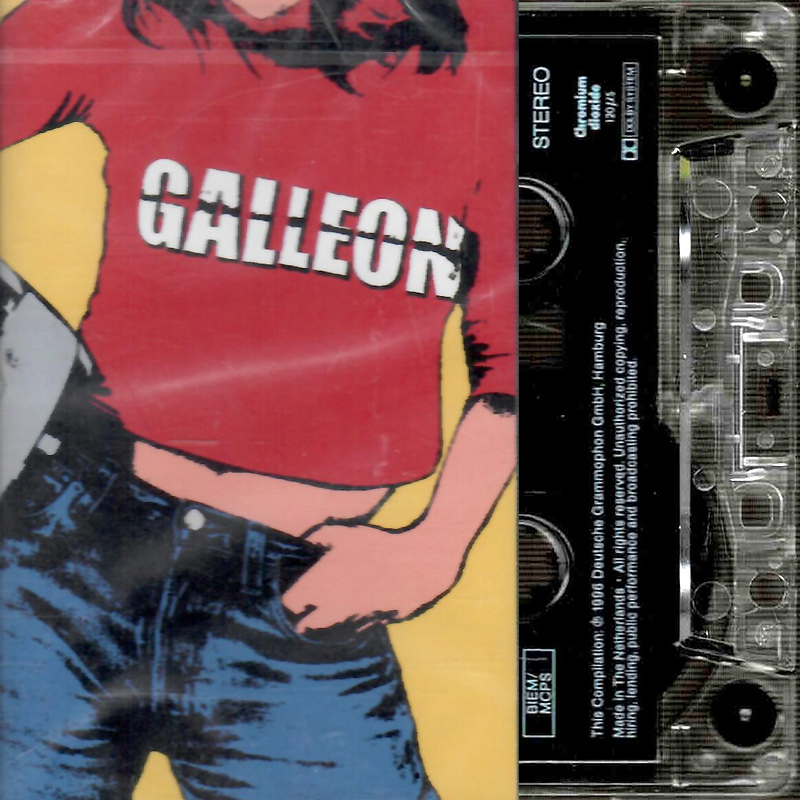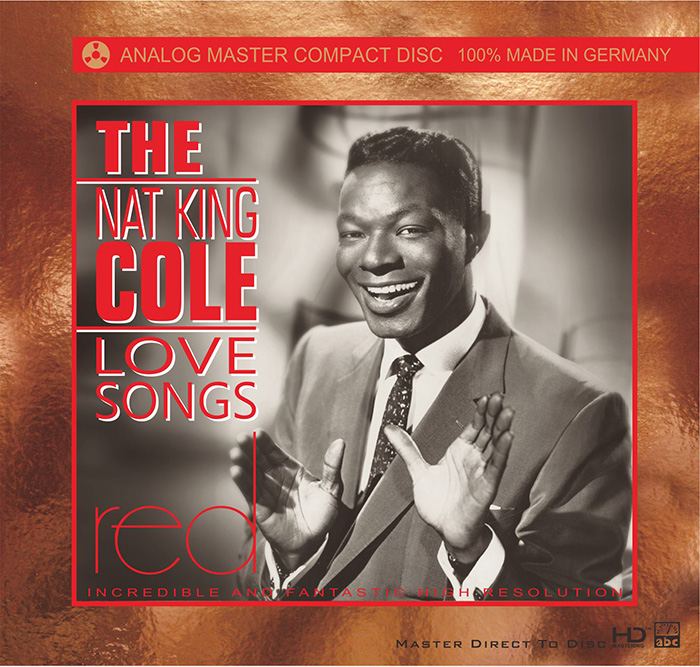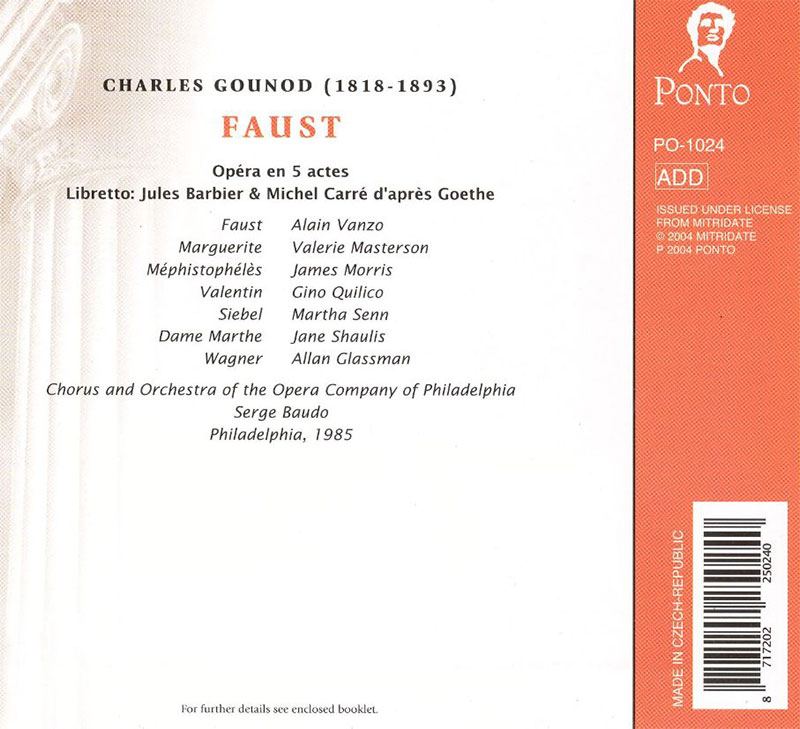Logowanie
Mikołaj - ten to ma gest!
Miles Davis, Horace Silver, Jay Jay Johnson, Percy Heath, Kenny Clarke, Lucky Thompson
Walkin'
20bit K2Super Coding - ale jak to brzmi!
Kasety magnetofonowe
Winylowy niezbędnik
ClearAudio
Double Matrix Professional - Sonic
najbardziej inteligentna i skuteczna pralka do płyt winylowych wszelkiego typu - całkowicie automatyczna
GOUNOD, Alain Vanzo, James Morris, Valerie Masterson, Philadelphia Grand Opera Company, Serge Baudo
Faust
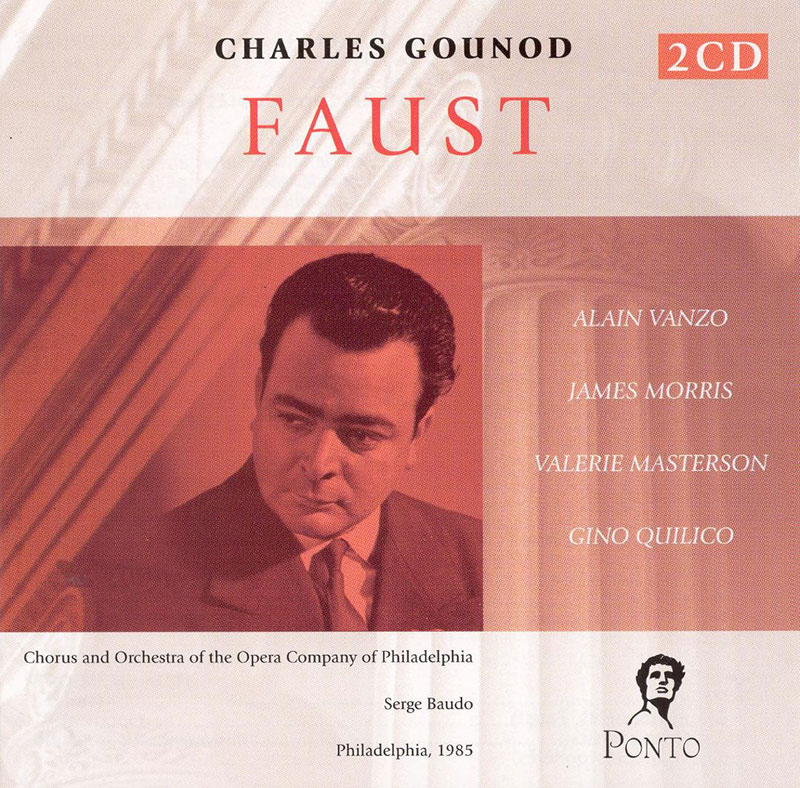
Thierry B. 4,0 von 5 SternenPour Vanzo 30. November 2007 Pour Vanzo, il est déjà tard, mais, dans son cas, mieux vaut tard que jamais car la voix est encore belle et le style est incomparable. Masterson déçoit, visiblement peu à l'aise avec la langue. Morris montre son timbre splendide, parfaitement adapté au rôle, et une appréciable personnalité. Bon Valentin de Quilico et vive direction de Baudo. Au total, un beau Faust franco-américain, assez excitant. 2 CD seulement, mais quelques coupures. *** Notes and Editorial Reviews Without a strong cast, Faust is a series of good tunes; with such a cast, it assumes a level of internal coherence that almost justifies its popularity. I write almost justifies , because there are better works by Gounod that are barely known, due to their comical nature; but there?s something cultural about French comic opera that doesn?t often translate effectively outside the nation. Fortunately, this particular Faust , given live in Philadelphia in 1985, has both strong soloists and an idiomatic conductor. It?s one of the best live recordings I?ve heard of the opera, and if the stage production matched the audible level of intensity, it must have been a thrilling theatrical event, as well. Alain Vanzo was 57 at the time of this performance. He was the premier French lyric tenor of his generation, and probably had no match for tone or phrasing in this repertoire since the likes of Devries, Friant, and Rogatchewsky in the 1920s. (I exclude Cesar Vezzani from this company, despite his presence in the title role in what remains my favorite recording of the opera, from 1930. Vezzani was a lyrico-spinto rather than a genuine lyric, and his unendingly robust, ringing delivery made him more suitable in my opinion to the act I renunciation and the act V trio than to the love scenes.) There?s no wear on Vanzo?s voice, despite the fact that he?d been singing for 31 years on stage, but the tone is a bit duller than the honeyed one he?d displayed earlier in his career with Les pecheurs de perles , Le roi d?Ys , Romeo et Juliette , and Mignon , among other live and commercially recorded productions. The phrasing is a bit careful at times, too, but when expectations are raised, Vanzo delivers. His entire ?Salut! Demeure chaste et pure? is classic, with the climactic note taken loudly, then diminished gradually into a melting head voice. As Méphistophélès, James Morris is rich-voiced and thoroughly in character. He repeatedly scores interpretative points without losing the part?s suave veneer, as so many others (notably Christoff) have done. His voice shows signs of discomfort in the seemingly endless line of ?Il était temps!? but ?Le veau d?or? and the Serenade are handled well. It?s in the small change of this performance, though, that I?ll remember him best: his way, for example, of darkly inflecting ?Tenez! Elle ouvre sa fenêtre!? without leaving the melody. Valerie Masterson?s plaintive sound and clarity of tone are used to good advantage in the King of Thulé verses, and again in the ensemble that ends act III. She has the required flexibility to handle the Jewel Song, though neither the lightness of manner nor the trill; and Baudo, who elsewhere opts for a faster, very French view of the score, here pulls back on the basic tempo. I admit to being unimpressed with Gino Quilico?s Valentin. His ?Avant de quitter? is delivered forcefully but without any subtlety or much feel for the language. I continue to prefer Lisitsian above all others, despite the fact that the recording (repeatedly in and out of the catalog; currently out) is in Russian; because the baritone?s voice, vocal production, and musical sensibility mark him among the great Valentins of all time. (It doesn?t hurt that the opera benefits from Samosud?s sensitive conducting, Shumskaya?s sensitive Marguerite, and Kozlovsky?s wonderfully sung and characterized Faust.) Mention should be made of Serge Baudo, a conductor with a fine sense of Gallic style who is largely forgotten today. The musical continuity of his Faust is taken at an energetic, almost conversational clip, while the big numbers are handled more traditionally but never permitted to lumber. He supports his singers well, with supple rhythms that allow Vanzo in particular to give full value to the language. His orchestra and chorus are excellent, and the singers in lesser parts, acceptable. Ponto is showing itself to be a cut above the usual label specializing in the re-release of live opera performances from the past. There are decent liner notes by Andrew Palmer, and a listing of all cuts along with truly generous timings. Sound quality is quite good, forward, and well balanced for singers and orchestra. In short, while this wouldn?t be my first choice for a Faust , it has moved into one of the top positions for my first live performance choice of that opera. Recommended, most especially for Vanzo and Baudo. Performer: Alain Vanzo (Tenor), Allan Glassman (Tenor), Valerie Masterson (Soprano), Gino Quilico (Baritone), Marta Senn (Soprano), Jane Shaulis (Soprano), James Morris (Bass) Conductor: Serge Baudo Philadelphia Opera Orchestra, Philadelphia Opera Chorus Period: Romantic Venue: Live Philadelphia, Pennsylvania, USA
